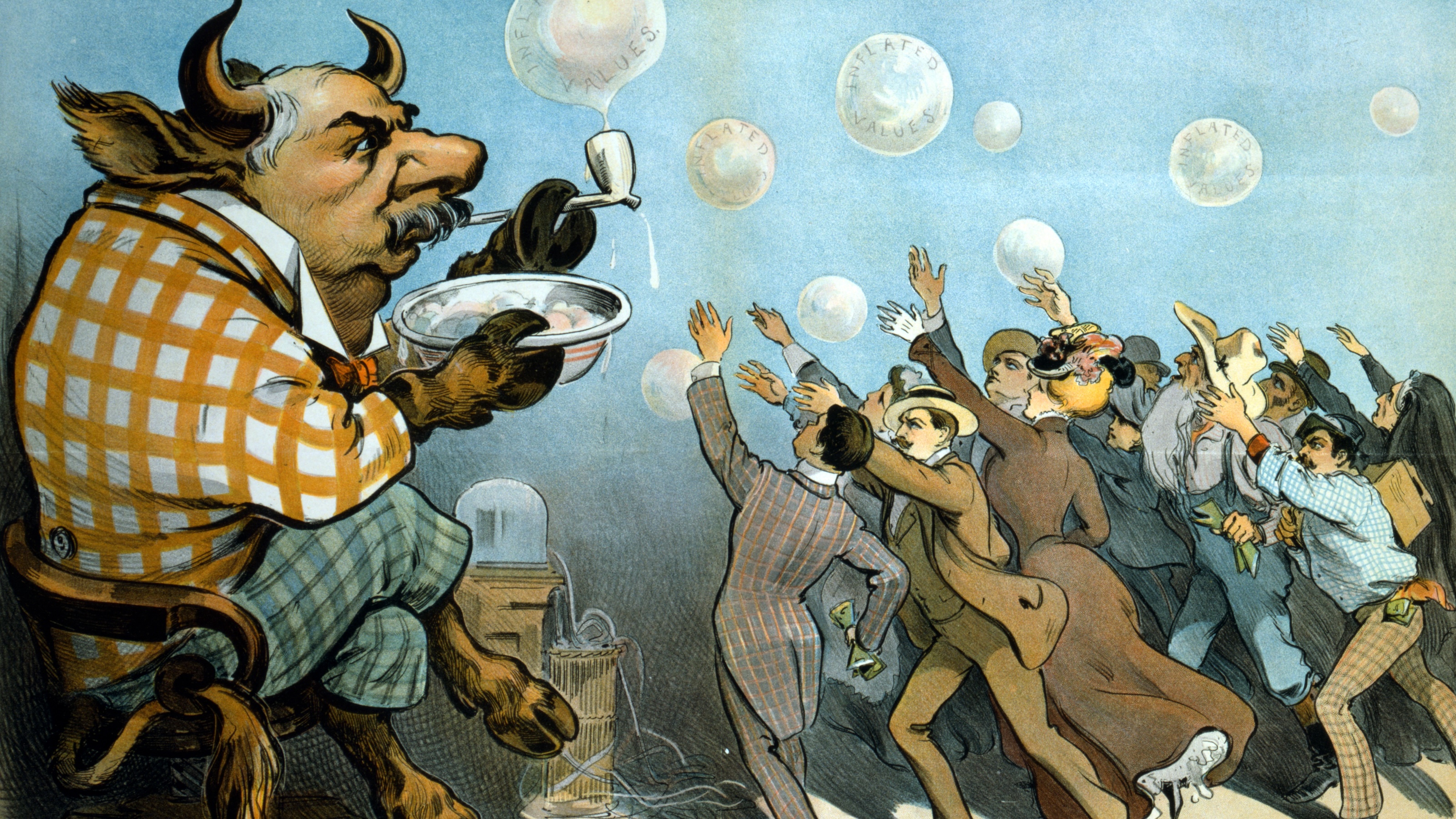Hormats is cautiously optimistic.
Question: What is your outlook?
Robert Hormats: I’m generally optimistic. There are things about which I’m pessimistic, which are, one, that the political process seems to be chronically myopic. And there are also concerns, at least in my view, about politicians who don’t want to tell straight stories to the American people about the kinds of issues that the country or our society face.
On the other hand when I look at medical research, I see enormous potential for dramatic breakthroughs.
When I look at the capability of American technology to enable more people to benefit from education, I’m very optimistic. Whether we’ll use that technology in a proper way remains to be seen. I think it’s possible to dramatically change the American educational system. I don’t think we’re doing it at this point, but I think it’s possible to do. And there are a number of examples of schools that have made dramatic breakthroughs in educating people from lower income groups who did not have advantages that perhaps some of us had.
I think there is also the possibility of major breakthroughs in the energy area to reduce our dependence on imported oil and reduce greenhouse gases. I see scientists and engineers all the time with great ideas. Whether we can actually implement those quickly remains to be seen, but I remain optimistic.
So in general I think that the march of time and the march of humanity has been positive in many respects; but it’s not inevitable. And without proper leadership and without proper vision on the part of the American society and its leaders, none of these things will happen. Things don’t run themselves. You need leadership. You need innovators. You need bold thinkers.
You need the people like Joan __________ or Louis Pasteur to lead these revolutions. Norman Borlaug, who is a great advancer of the Agricultural Revolution, saved hundreds of millions of lives.
There are a whole range of people like that who get ideas and run with those ideas; but you have to have a political system, and you have to have a society that is willing to nurture those and support those people. And it takes money. It takes the willingness of politicians to allow innovation to occur. It takes a society that’s willing to take risks with new ideas. That’s critically important.
Recorded On: July 25, 2007





